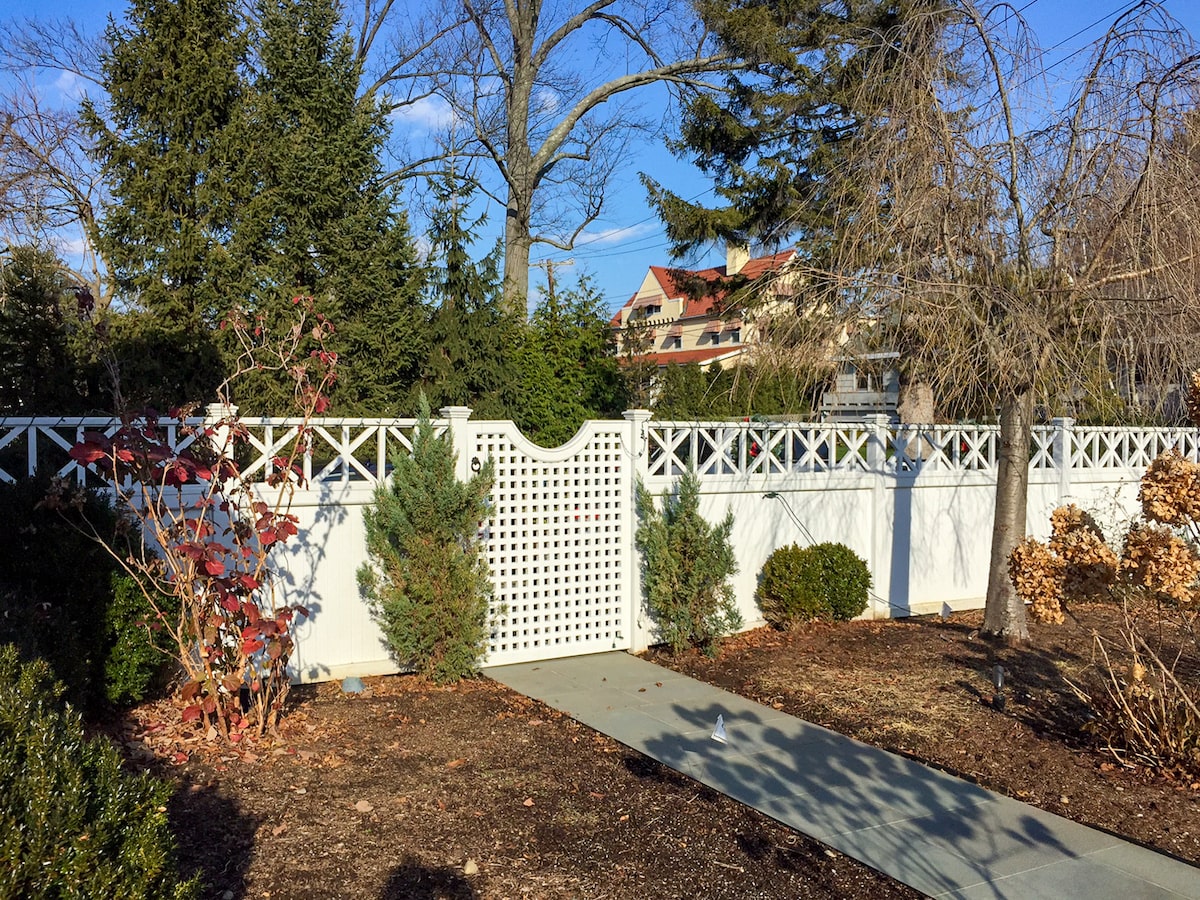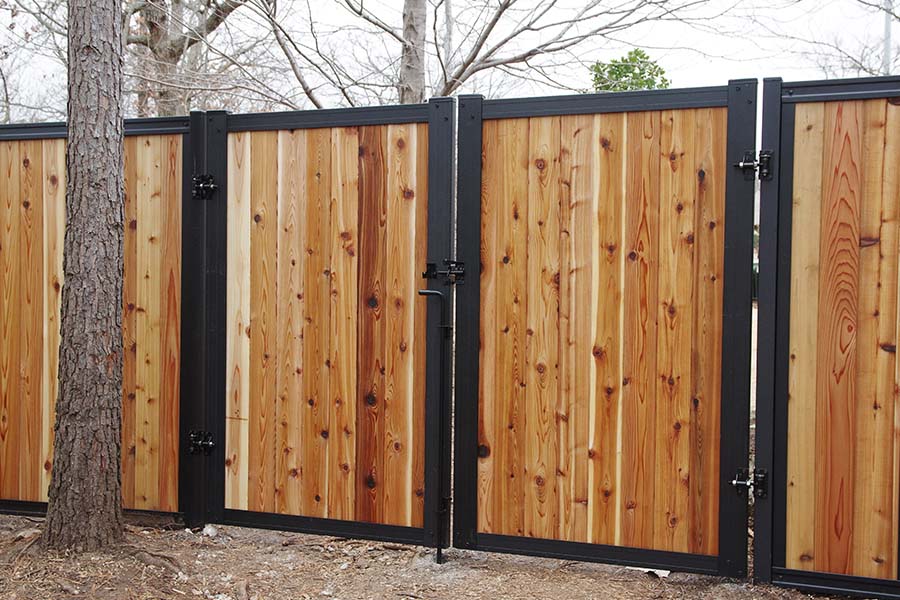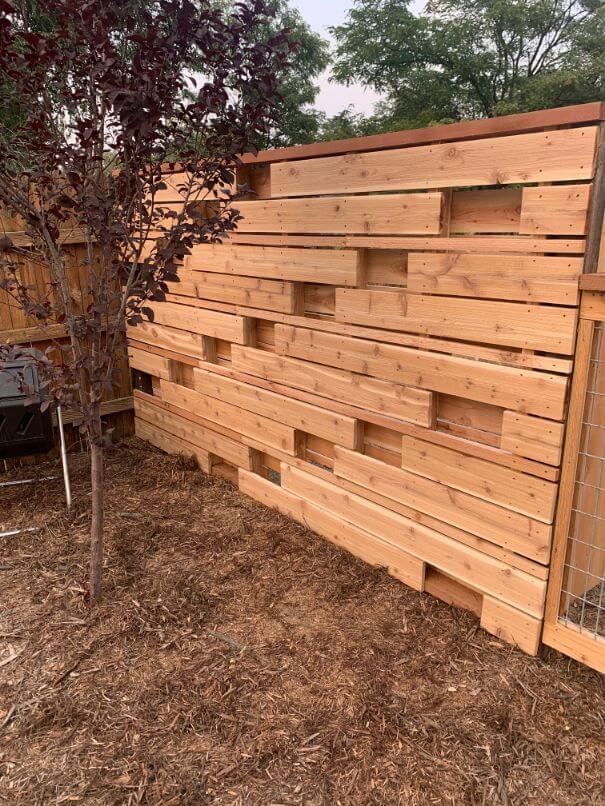All Categories
Featured

When intending a new fence for your residential property, it's easy to focus on the fundamental prices-- materials, setup, and labor. Right here's an overview to some of the most typical covert expenses to take into consideration when budgeting for your fencing project.
- Allow Costs and Legal Needs. Before you start digging, it is very important to examine if your area calls for a permit to mount a fence. Lots of communities have zoning laws that regulate fence product, positioning, and elevation, especially if you're developing near a home line or in a community with a Property owners' Organization (HOA) These regulations guarantee the fence meets regional criteria, but they additionally feature associated costs.
Price variety: $50 to $500, depending upon your place and the intricacy of your job. 2. Fencing Removal and Disposal. If you're changing an existing fence, elimination and disposal of the old structure is an added expenditure that can conveniently be forgotten. Fencing elimination generally includes dismantling the old fence, transporting away the products, and throwing away them appropriately. Disposal fees can vary, particularly if the old materials call for special handling, such as cured timber or metal.

Cost array: $2 to $10 per linear foot for removal and disposal, depending on the materials. 3. Land Preparation and Excavation. A completely level installation website is not constantly assured. If the land where your fence is being mounted is unequal, rough, or covered in vegetation, it might need to be removed or leveled. Grading or excavation prices can include in your total task costs, especially if you're mounting blog posts in hard-to-dig soil. Inclines or compressed soil might need specialized devices and more labor.
Expense range: $300 to $2,000, depending on the site's condition. 4. Utility Line Recognition and Adjustments. Before digging, it's essential to guarantee that no underground energies, like water, gas, or electrical lines, will certainly be disrupted throughout the setup. The majority of professionals will certainly speak to energy business to note these lines, however there could be added expenses if changes are required to stay clear of destructive existing infrastructure.
Expense range: $100 to $500, depending upon whether adjustments are required. 5. Custom-made Features and Upgrades. While your fundamental fencing may include conventional materials, you may wish to add personalized functions like gates, attractive panels, or integrated lights. Automatic entrances or safety systems are specifically costly and require expert installation. Including these extras raises the overall price of your fence, so make certain to factor them into your spending plan.

Expense variety: $100 to $1,500+ for attributes or gates, relying on dimension and intricacy. 6. Shipment and Transport Costs. Relying on where your materials are sourced, you may be charged a different distribution charge for moving the fence products to your home. This is particularly typical with heavy or big orders, such as wood panels or steel secure fencing. Distribution prices can also differ based upon the range between the provider and your location.
Price range: $50 to $300 for shipment, depending on range and the quantity of materials. 7. Maintenance Expenses With Time. Several sorts of fencings, especially timber fencings, need recurring maintenance to stay in good condition. Normal tasks like staining, sealing, and cleaning will certainly assist prolong the life of your fencing. Some materials, such as vinyl or steel, might be a lot more low-maintenance however can still sustain expenses for fixings or substitutes if damaged.
Annual cost variety: $50 to $300 for maintenance, depending on product and climate. 8. Climate Hold-ups. Mother earth does not always accept your timeline. If your installation is delayed by poor climate, such as rain or extreme warmth, you might face extra labor prices if employees need to go back to complete the task at a later time. Hold-ups can additionally prolong the project timeline, pushing back when the fence awaits use.
Price array: Variable, depending on the length of time the hold-up lasts. 9. Residential Or Commercial Property Line Disputes. Mounting a fencing near to your residential or commercial property line can occasionally bring about disagreements with next-door neighbors. It may be essential to hire a professional land surveyor to verify the residential or commercial property line prior to installation if your border is uncertain. This added step ensures you won't mistakenly elbow in on your neighbor's land, but it comes with added expenses.
Price variety: $400 to $1,000 for a home study, depending on your location. 10. Dirt and Ground Conditions. Specific dirt kinds can offer challenges throughout installment. If your residential or commercial property has rocky, compacted, or clay-based soil, excavating holes for articles can be much extra tough, requiring specific devices or even more time to complete. Harder ground problems might likewise demand using concrete or various other reinforcing materials for added security.
Expense array: $100 to $500 for devices or additional labor. Final thought. Permits, site prep work, old fence elimination, utility adjustments, and customized features can all add up. By accounting for these concealed costs, you can ensure that your fencing task stays within budget and is completed without unanticipated financial shocks.
Latest Posts
Check Out Outstanding Car Repair Care from Montclare Auto Repair – Keep Your Car Running Smoothly
Published May 24, 25
1 min read
Discover the Best Auto Repair Coupons in Montclare, Chicago
Published May 23, 25
1 min read
Discover WyHy FCU – The Key to Superior Financial Services in Wyoming
Published May 22, 25
1 min read
More
Latest Posts
Check Out Outstanding Car Repair Care from Montclare Auto Repair – Keep Your Car Running Smoothly
Published May 24, 25
1 min read
Discover the Best Auto Repair Coupons in Montclare, Chicago
Published May 23, 25
1 min read
Discover WyHy FCU – The Key to Superior Financial Services in Wyoming
Published May 22, 25
1 min read